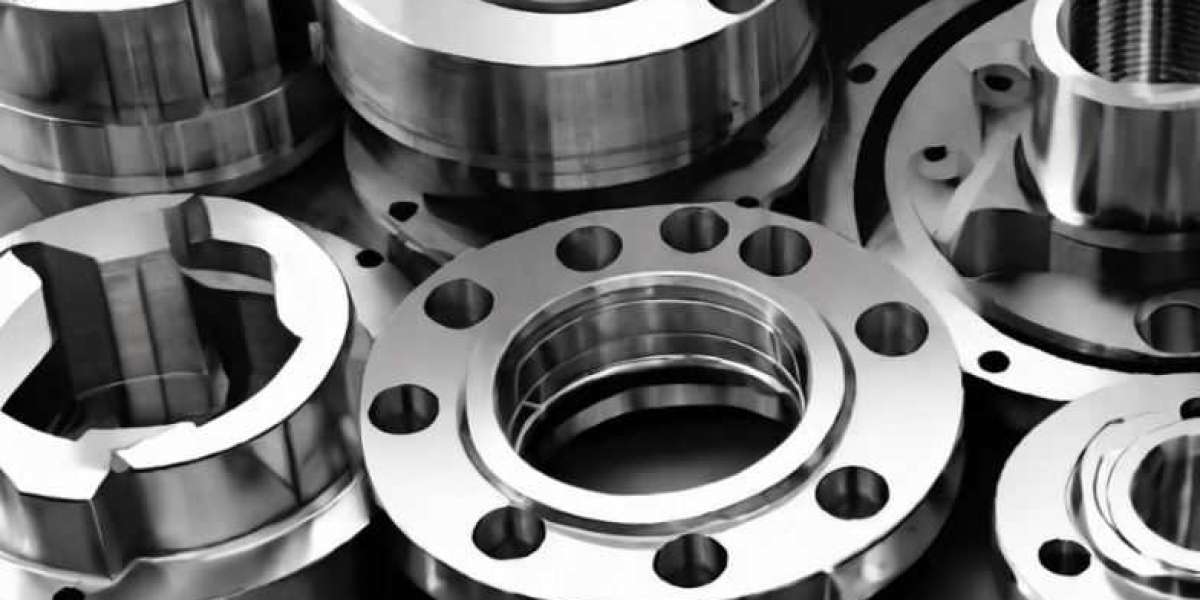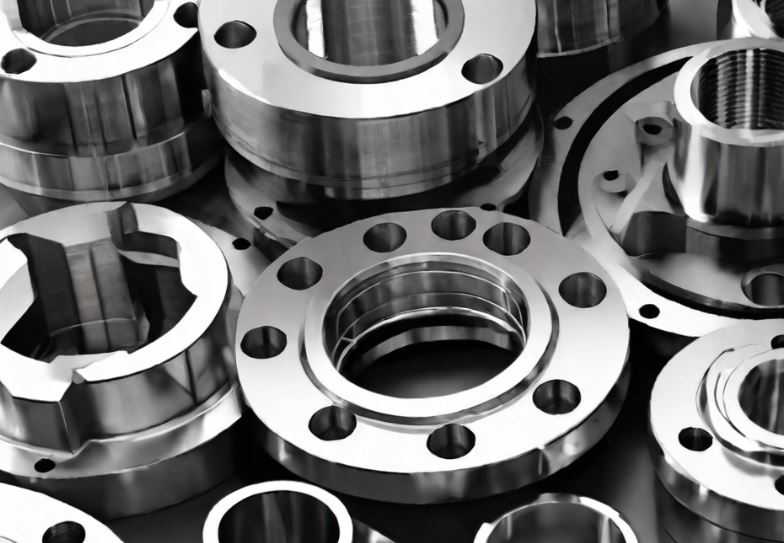Selecting the optimal material for ASME/ANSI B16.5 Flanges is crucial to meet performance, safety, and durability requirements across various industrial applications. Leading China flange manufacturers have extensive expertise working with a wide range of materials for B16.5 flange production.
This overview covers key information on common materials used for B16.5 flanges to assist piping engineers, contractors, and procurement teams in material selection and sourcing flanges from qualified Chinese flange suppliers.
Carbon Steel
Carbon steel is one of the most popular and cost-effective options for B16.5 flanges across many industries. Grades like ASTM A105 and A515 offer good tensile strength, weldability, and machinability. Carbon steel provides adequate performance for a range of pressures and temperatures while being relatively affordable.
Stainless Steel
Austenitic stainless steels, especially 304/304L and 316/316L, are extensively used for B16.5 flanges requiring corrosion resistance and ease of fabrication. The addition of molybdenum in 316/316L improves resistance to pitting and chloride stress corrosion. Stainless is suitable for many chemical, food/beverage, pharmaceutical, and marine applications.
Alloy Steel
Where high strength and good weldability are needed, alloy steels like ASTM A182 F11, F22, and F91 are common for B16.5 flanges. The chromium and molybdenum content in these alloys provides excellent elevated temperature strength for high-pressure and high-temperature services.
Nickel Alloys
For demanding corrosion-resistant applications, nickel alloys are often used. Monel, Inconel, Hastelloy, and Incoloy 825 offer excellent resistance to pitting, crevice corrosion, and stress corrosion cracking. Nickel alloys can withstand various acids, alkalies, salts, and other harsh chemicals and temperatures.
Copper Alloys
Copper alloys including brass and bronze provide good corrosion resistance and non-sparking capabilities. Their non-magnetic properties are also useful. Copper alloys are mainly found in marine applications as seawater piping components.
Aluminum/Aluminum Alloys
Aluminum and alloys like 6061 and 6063 can provide substantial weight savings along with good corrosion resistance for some services. The reduced strength at elevated temperatures limits the pressure classes available.
Duplex Stainless Steel
For applications needing corrosion resistance along with high strength, duplex stainless with a mixed ferritic/austenitic microstructure is a good option. Common grades are 2205 and 2507. Duplex is used in offshore oil and gas piping.
Other Materials
For specialized applications, other materials may be used for B16.5 flanges such as titanium, zirconium, tantalum, plastics like PTFE, and high-nickel alloys. Leading China flange manufacturers can source or produce these exotic materials.
Sourcing B16.5 Flanges for Material Needs
When sourcing B16.5 flanges, piping engineers should select accredited suppliers able to provide flanges made from the optimal material for each unique set of temperature, pressure, fluid, and corrosion conditions. Reviewing material certification reports is recommended to validate compositions and properties. Reputable Chinese flange producers have extensive material sourcing and fabrication abilities to supply B16.5 flanges to meet any project requirements.









